
The Indo-Mediterranean is a region of conflict with wars in Yemen, Somalia, Syria, and Pakistan. This geopolitical instability disproportionately impacts the most vulnerable, especially women and children. The global interconnectedness means the effects of radicalization are felt in Europe and South Asia, increasing extremism, anti-semitism, and terrorism, and leading to more youth indoctrination. A side event will address these issues at the United Nations Human Rights Council’s 60th session.
“The Indo-Mediterranean is crucial for trade and transport but is greatly affected by surrounding wars. As we approach the anniversary of the October 7th Hamas attacks on Israel, we realize that terror is interconnected, from Iran to Lebanon, from Yemen to Syria. We are not immune. The same terrorist groups fundraise in Europe, radicalize youth, and plan attacks in India,” said Vas Shenoy, President of Glocal Cities.
Himanshu Gulati, a member of Norway’s Storting, emphasized the threat’s breadth. “Rising Islamic extremism is a concerning trend in both South Asia and Europe,” he warned. “Conflict in the Indo-Mediterranean region reflects our interconnected world. Terrorism from Pakistan, Bangladesh, Syria, and Yemen affects their regions and resonates in the rights and futures of vulnerable groups, particularly women and children in Europe. We must find solutions to protect the weakest among us.”
This echo is clear. The indoctrination in Bangladeshi madrassas, the abductions in Pakistan, and the restrictive Taliban policies in Afghanistan resonate beyond borders, influencing Europe’s streets and suburbs.
Anna Maria Cisint, of the European Parliament, outlined the impact of political Islam. “In countries where political Islam is powerful, fundamental rights are denied: gender equality is erased, and political and civil freedoms are restricted. Islamic theocracy spreads a message contrary to dignity and freedom.”
Her warning wasn’t limited to distant regimes. “Political Islam seeks to impose Quranic laws in Europe, undermining democratic institutions. We see this in women’s subjugation in our cities, where girls are forced to live within Islamic confines. Europe must defend its values firmly against radicalization.”
These signs are apparent: grooming gangs in the UK, radical networks in France and Germany, and families imposing traditional restrictions. Often, authorities have looked away, fearing accusations of discrimination.
Erik Selle, a European advocate for women’s rights, criticized this complacency. “We cannot tolerate grooming gangs or threats to women and children in Europe,” he declared. “We must not allow European elites, police, and media to compromise safety for multiculturalism. We must not permit extremists in Bangladesh, Pakistan, Afghanistan, or anywhere else to mistreat women or oppress minorities.”
His words address the core issue. Extremism thrives where elites are hesitant, institutions are weak, and the suffering of women and children is seen as collateral damage.
The message from Geneva is clear: this is not just a foreign policy issue; it is a moral one. For Europe to remain a bastion of liberty, and for the international community to truly uphold human rights, defending the weakest must be the priority, not an afterthought. Every forced marriage, every silenced girl, every abused child tests our resolve.
Ignoring this reality is surrendering to it.
Photo credit: https://www.hrphotographie.com/



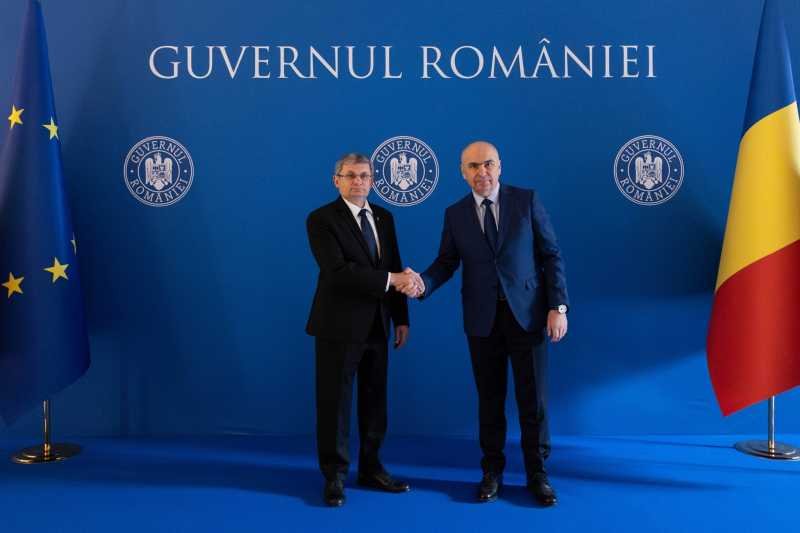
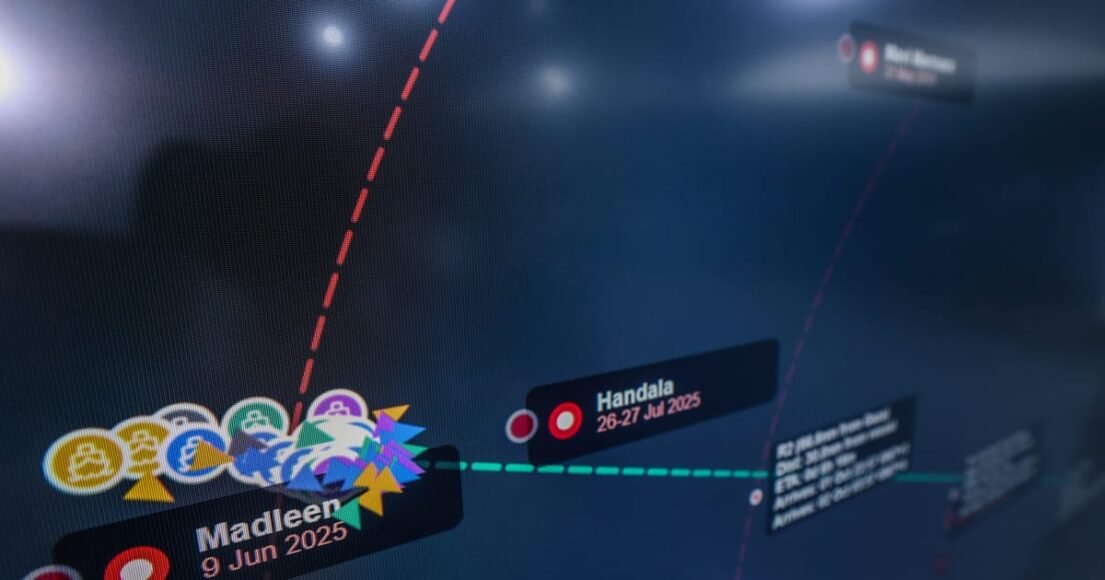
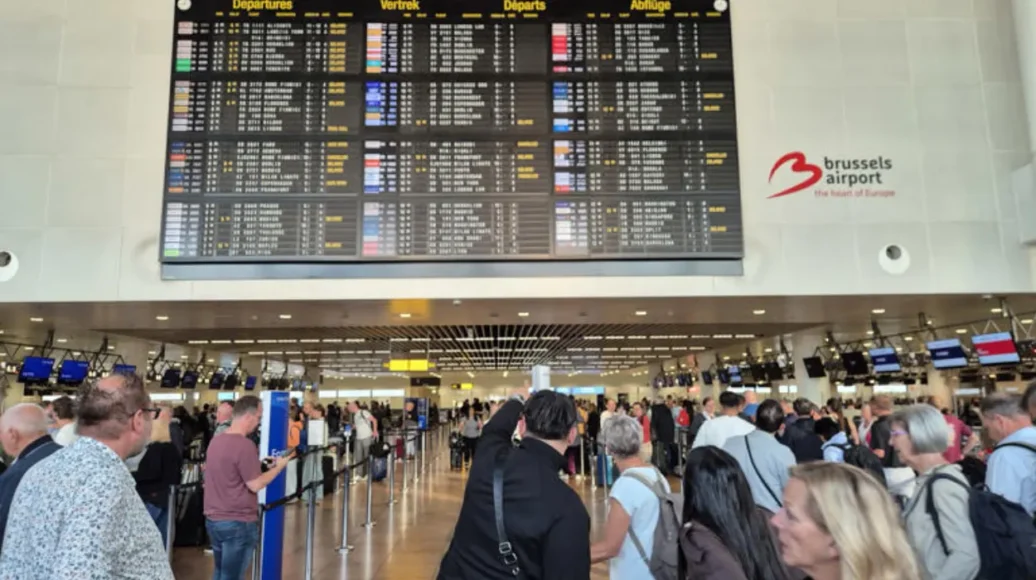
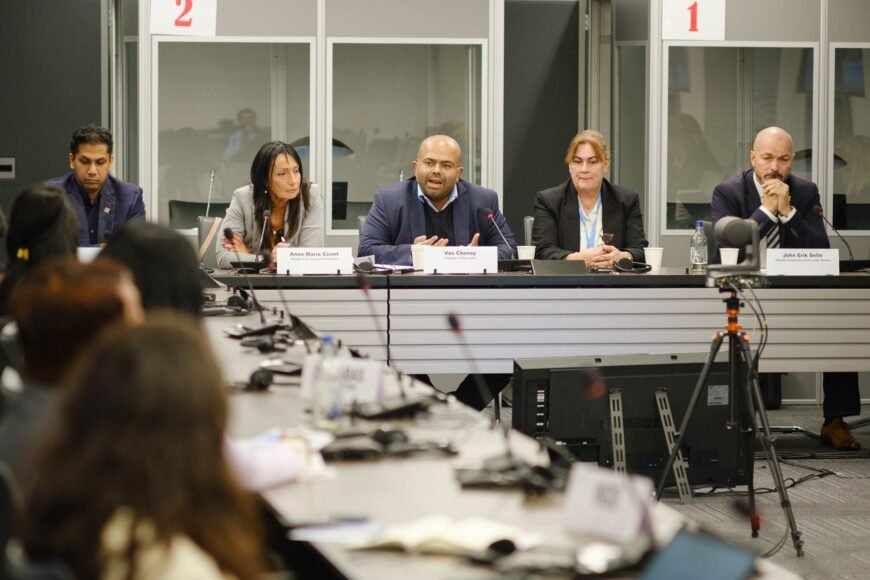
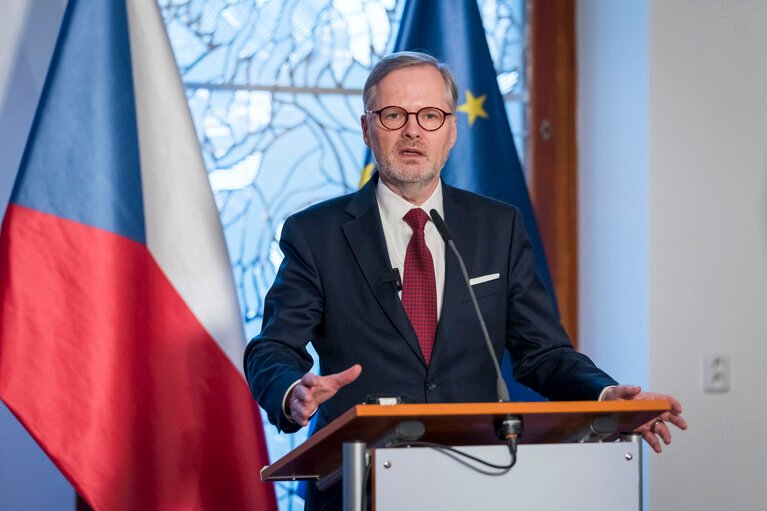
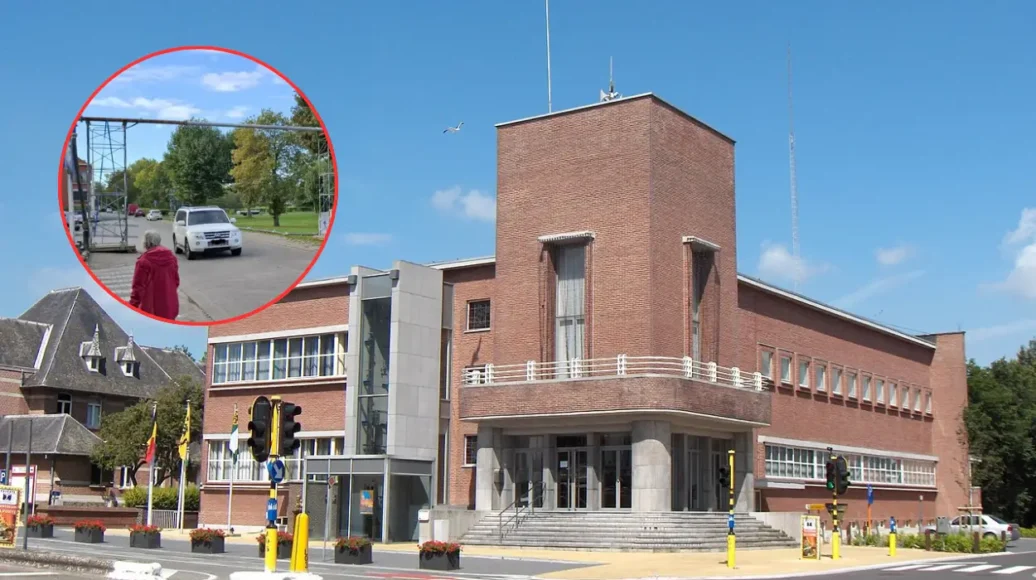
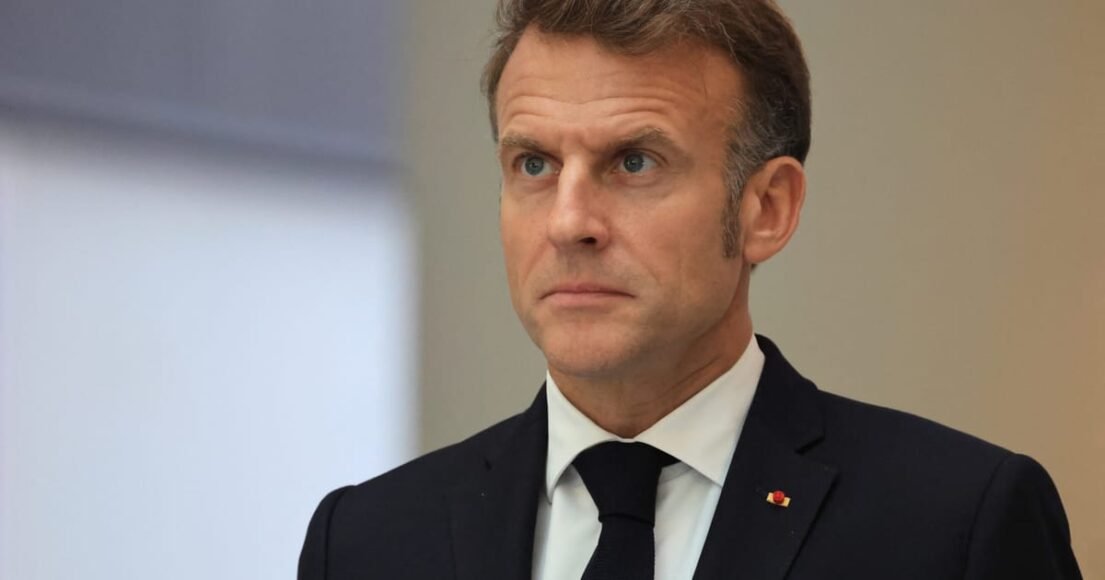
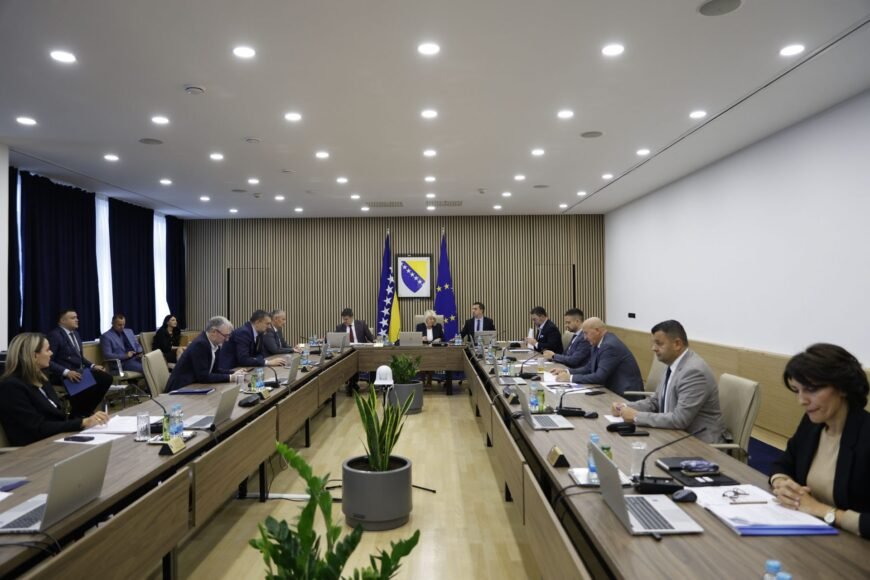
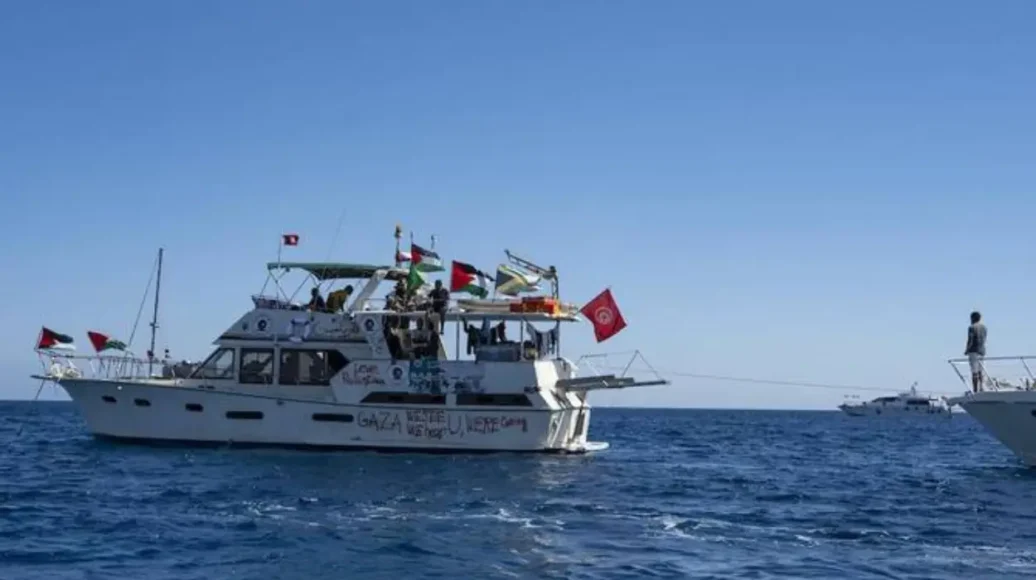
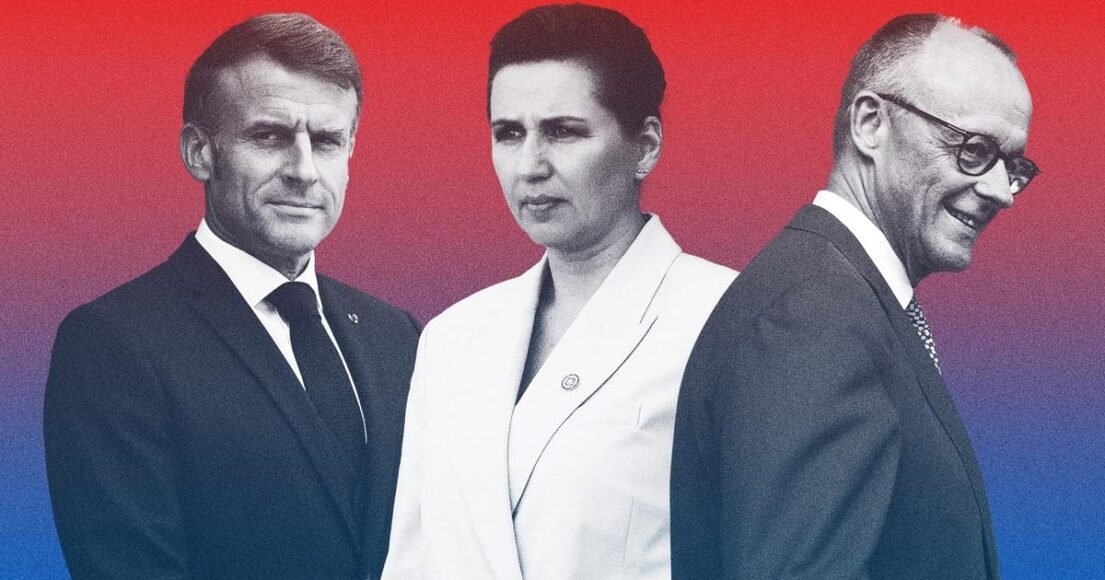
Leave a Reply